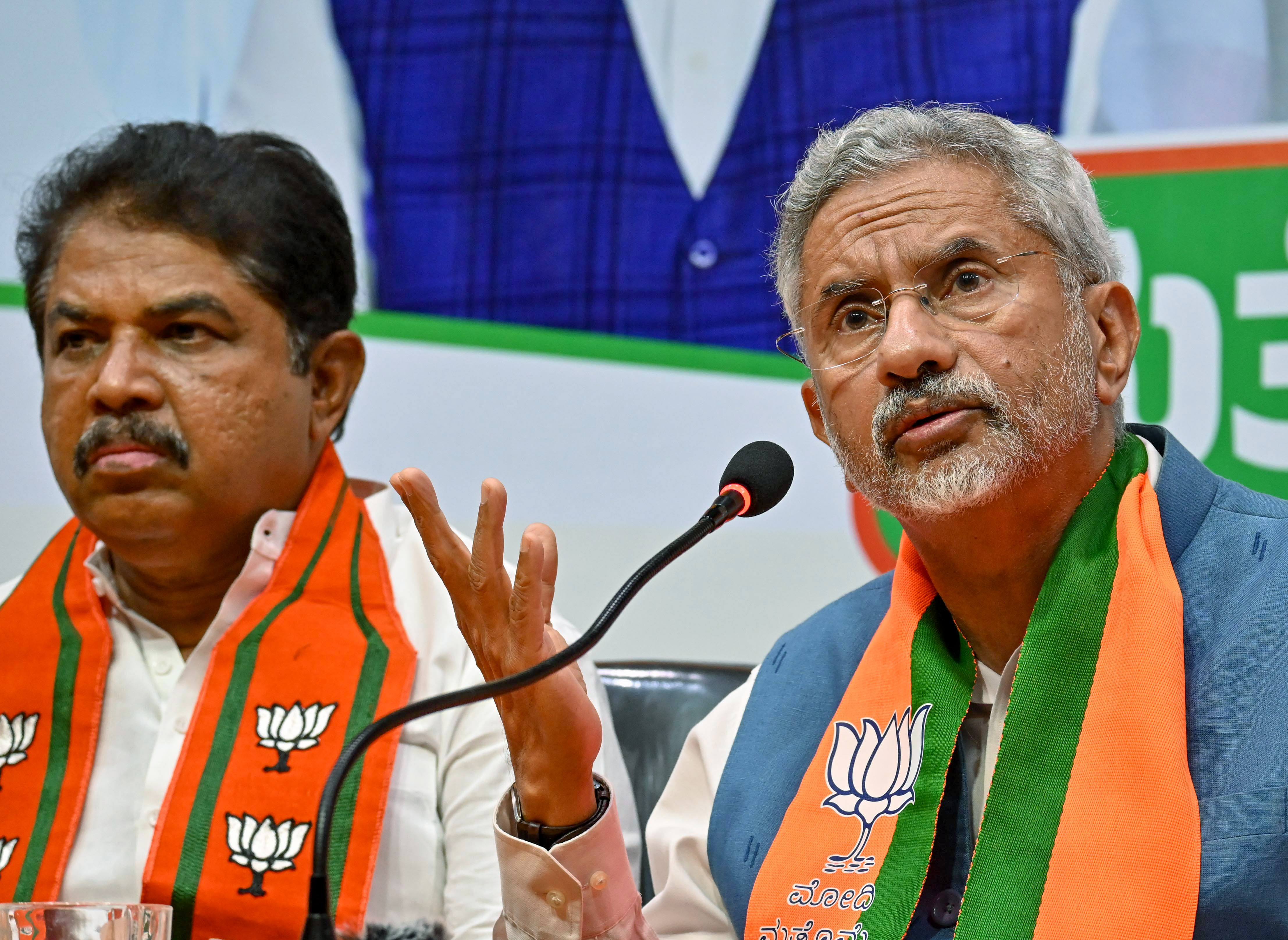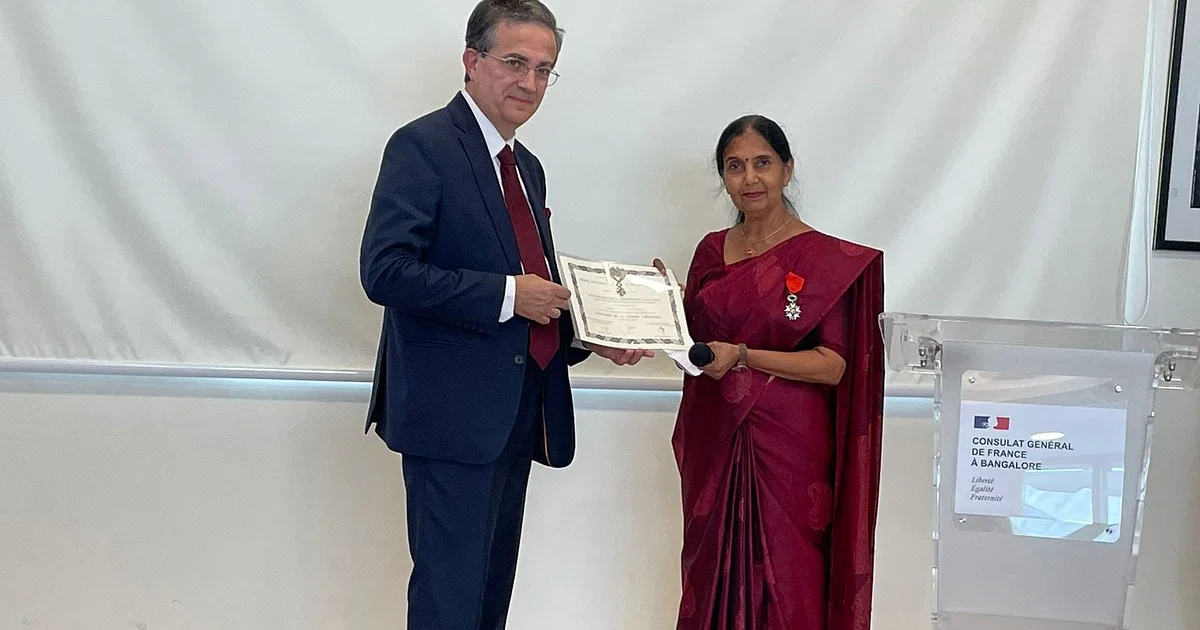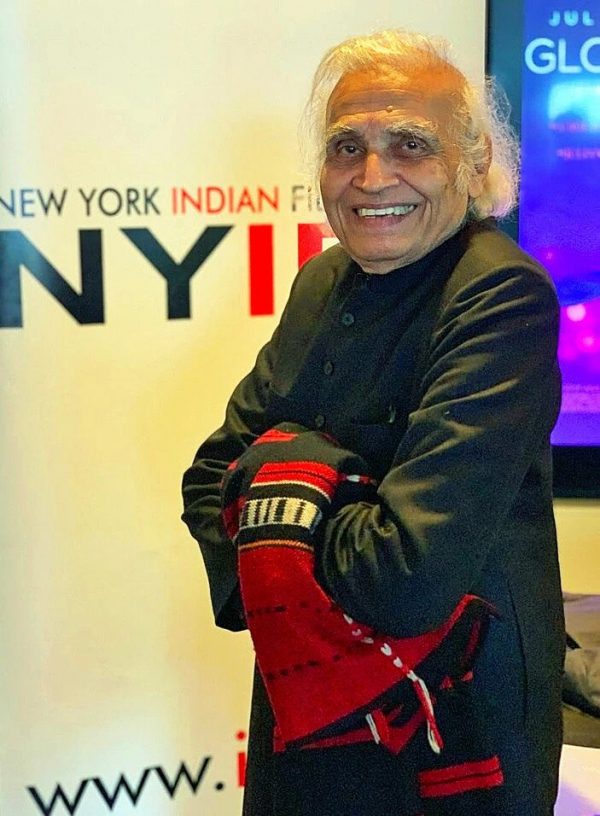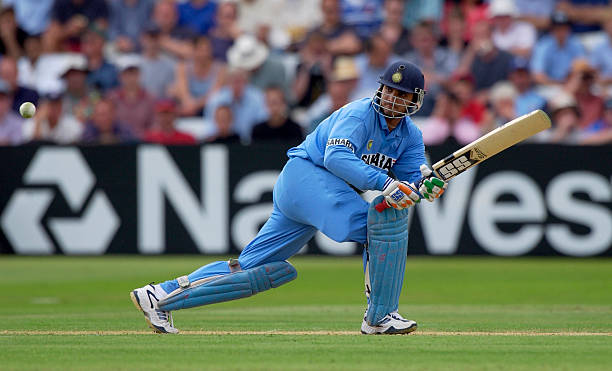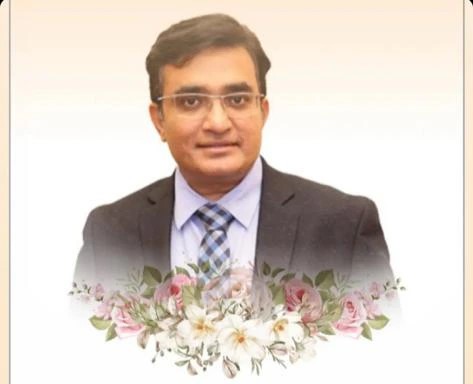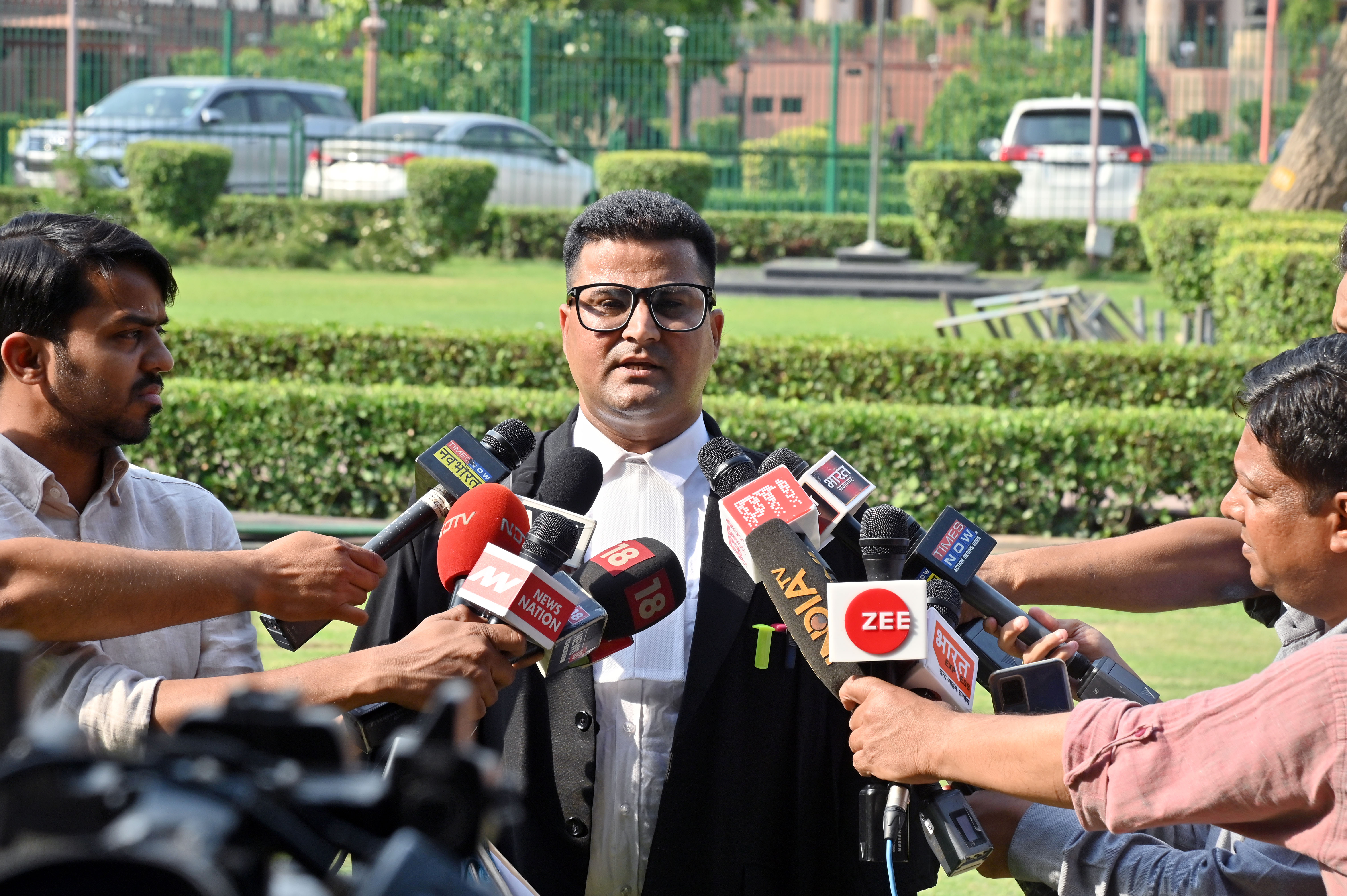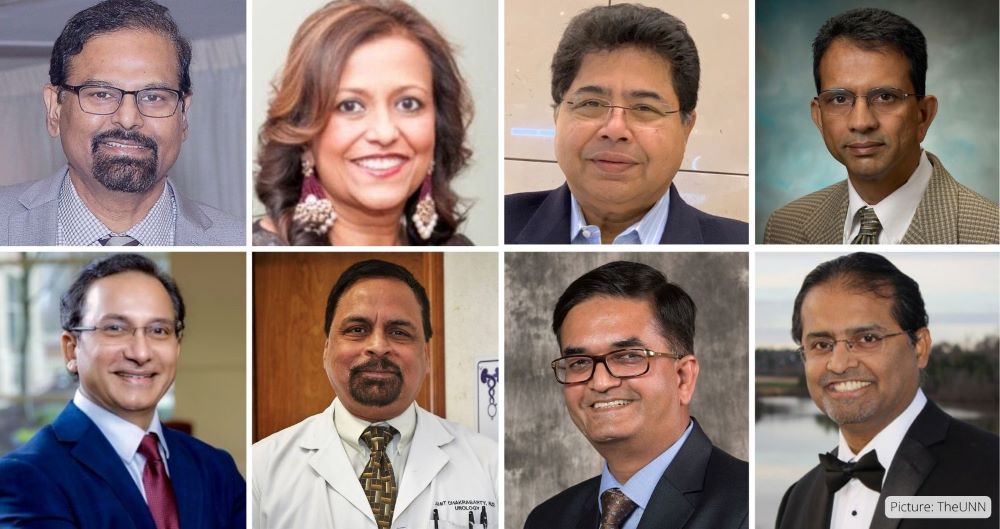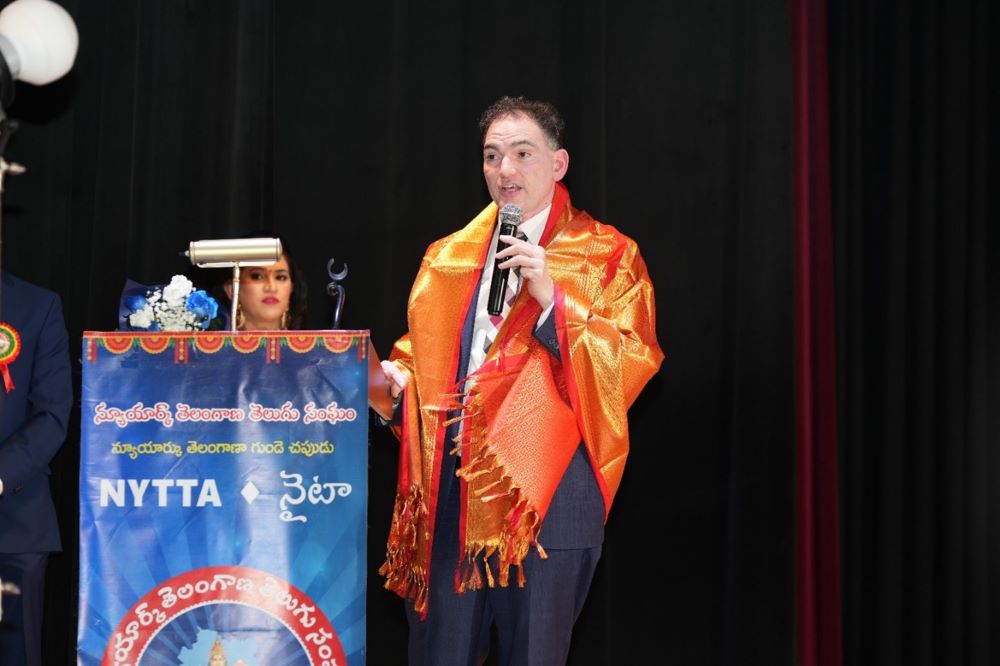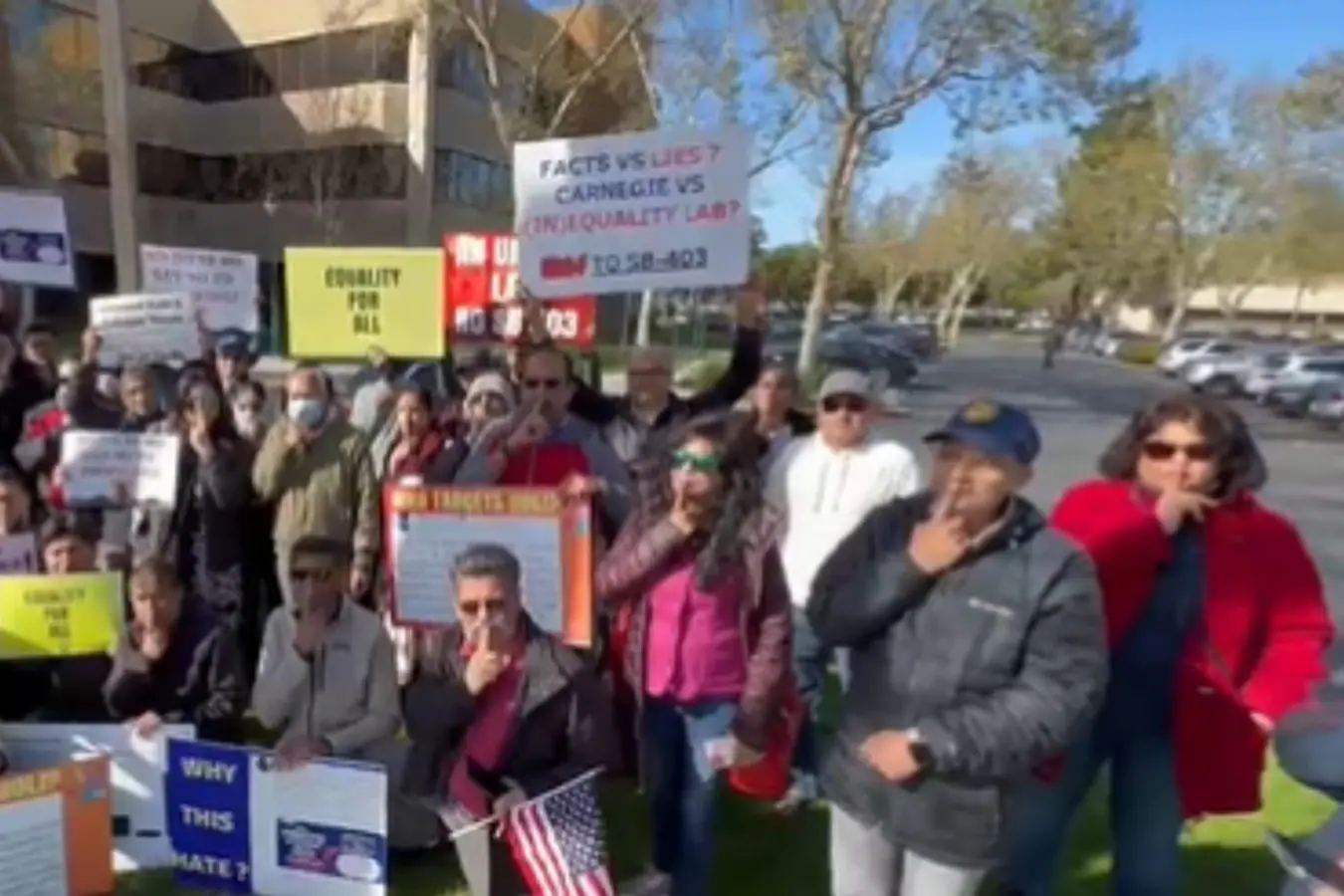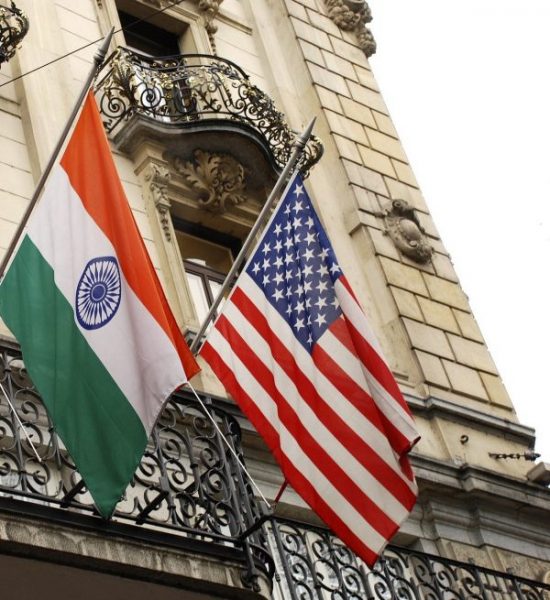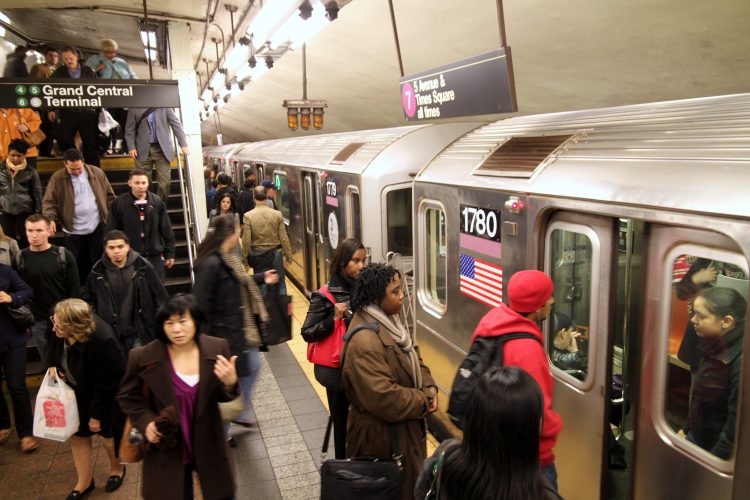“We are all judged by what we do at home, not what we say abroad”: MEA spokesperson Randhir Jaiswal on pro-Palestine protests at US Universities
Our Bureau
New Delhi/Washington, DC
All is not well between India and the West at the moment. As New Delhi comes under pressure from the western government and media over freedom of expression and democracy, the Indian government is not taking it lying down.
On Thursday, breaking from its policy of not criticizing the US government over domestic issues, the Ministry of External Affairs said that there should be a right balance between freedom of expression and sense of responsibility, adding that the democratic country is judged by what we do at home and not what we say abroad.”
Speaking about the pro-Palestine protests at Columbia University and other Universities in the US, MEA spokesperson Randhir Jaiswal said, “We have seen reports on the matter and have been following related events. In every democracy, there has to be the right balance between freedom of expression, a sense of responsibility and public safety and order. Democracies in particular should display this understanding in regard to other fellow democracies. After all, we are all judged by what we do at home and not what we say abroad.”
Asked whether it is a concern for India as Indian students study in US universities, he said, “As far as your question regarding Indian students is concerned, we are always in touch with Indian students and as and when there are issues which have to be resolved, we will look into it.”
Colleges across the United States are grappling with escalating unrest as pro-Palestinian protests sweep through their campuses, prompting administrators to implement unprecedented measures to address the intensifying situation, CNN reported.
Protesters at Columbia University, where demonstrations ignited last week, demand the severance of ties with Israeli academic institutions and complete divestment from entities linked to Israel amid the ongoing Israel-Hamas conflict.
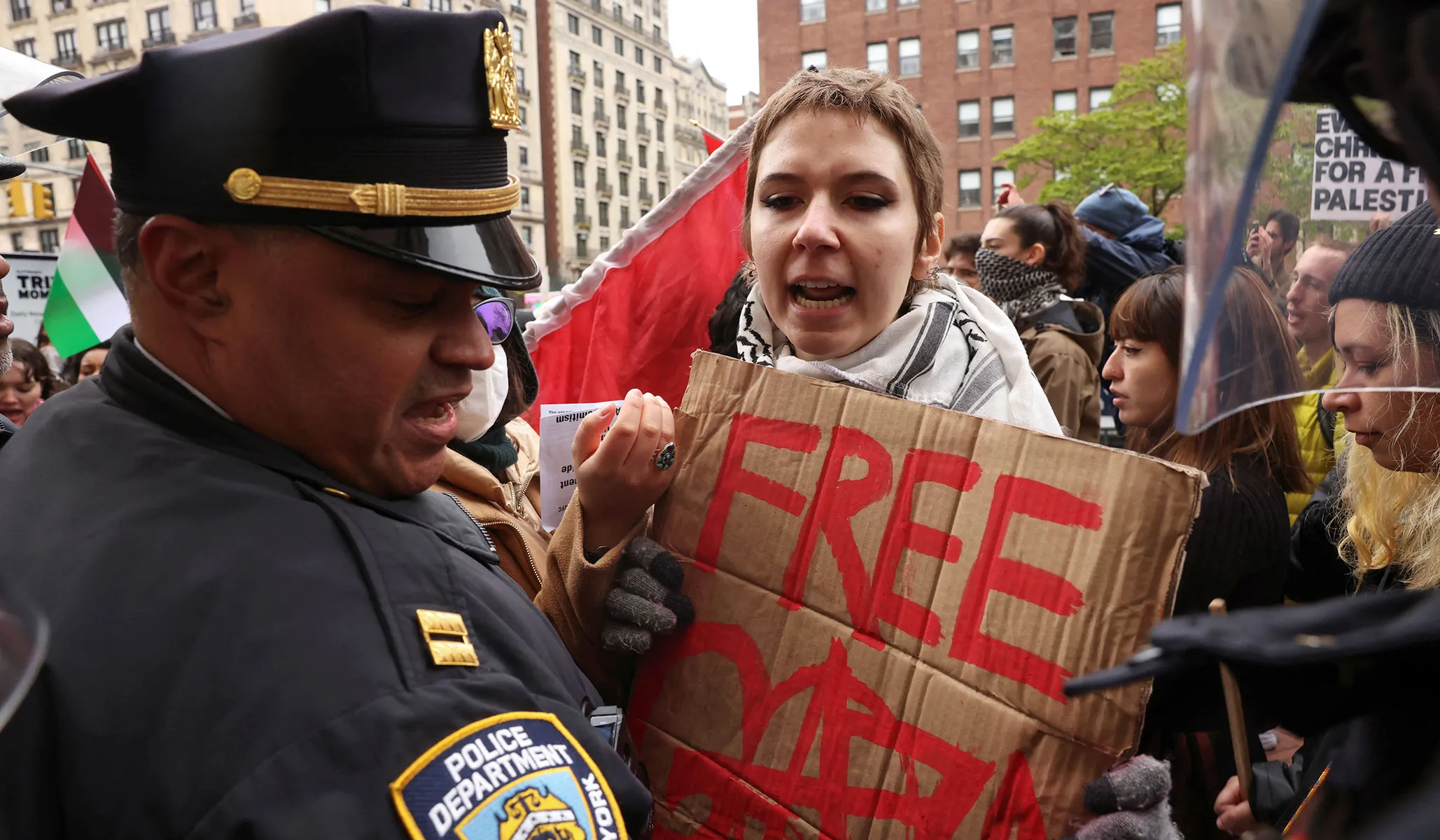
Negotiations between Columbia University officials and protesters regarding the clearance of encampments on campus have been described as “unstable” by Esha Karam, managing director of Columbia Daily Spectator, citing student organisers. Talks have been extended for 48 hours, but the outcome remains uncertain.
“We’re about halfway through that extended deadline of 48 hours and we heard from organizers on the student front earlier today in a press conference who told us that the negotiations are ongoing so unstable at the moment,” Karam told CNN.
The California State Polytechnic University, Humboldt campus, faces continued closure as protesters, including unidentified non-students, occupy two buildings. School officials have expressed concerns over safety hazards and property damage, with plans to keep the campus closed for an extended period.
Meanwhile, in a more important development, External Affairs Minister S Jaishankar slammed Western media, emphasising that they criticise our democracy because they think they are also political players in our election and not because they lack information. Addressing a forum for nationalist thinkers in Hyderabad on Tuesday, EAM Jaishankar said, “I get a lot of these noises from the Western press and if they criticize our democracy, it’s not because they lack information. It is because they think they are also political players in our election.”
Further, Jaishankar said that in an article by the Western media, they stated that in such a heatwave in India, why are they holding elections? “Now I read that article and I wanted to say listen, in that heat my lowest turnout is higher than your highest turnout in the best run,” Jaishankar said.
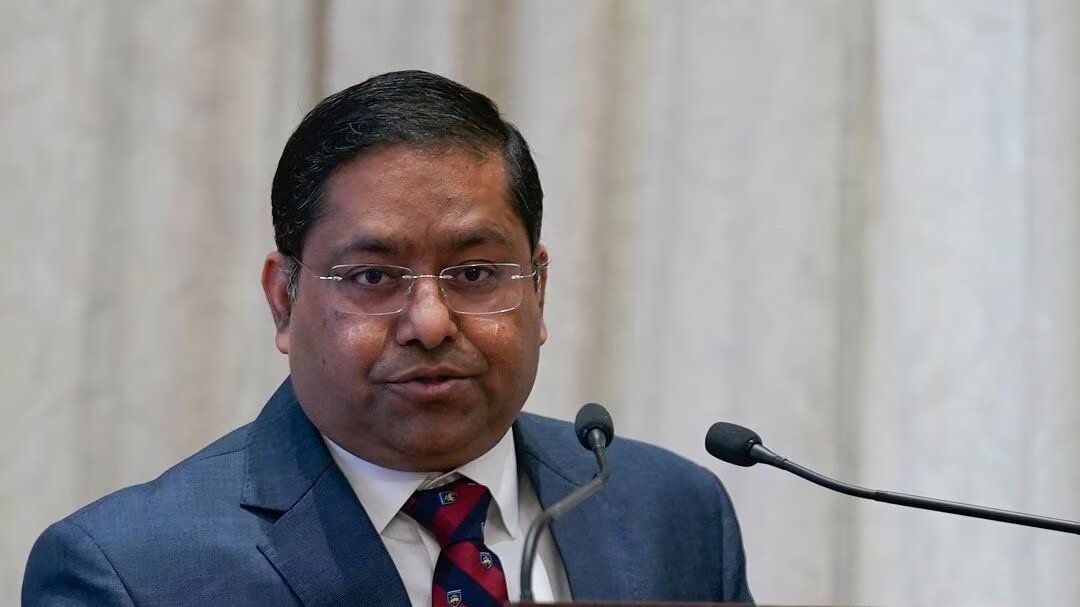
He added that these are games that are being played with us. “These are politics. These are our domestic politics which is going global, global politics which feels they must now intrude in India. How can these chaps decide who should be ruling them without consulting us?” he said.
Moreover, Jaishankar stressed that “They (West) actually think they are part of our electorate”, adding, “I think it’s time today that we disabuse them and the best way that we do that, is by confidence.”
EAM emphasised the need to stand up to these kinds of attacks and criticisms and rankings and reports because they will question everything. “They will question your election system, your EVM, your election commission, even the weather,” he said.
“And one complaint is…BJP is so unfair, BJP thinks it’s going to win very big,” he said, adding that, in a kind of way, today, we are at a very important inflexion point.
Jaishankar said that the decisions, the government will be making, are not just for the next five years, and will give our nation, our society, and our coming generations a very big vote of confidence.
“It is the guarantee, the guarantee is an expression of confidence. It is an expression of confidence based on what we have delivered for the last ten years,” he added.
He highlighted how India has been regarded across the world in the last ten years, how the country is today preparing for the next 25 years is the mindset with which we need to approach the world.
Moreover, recalling the G20 Summit, Jaishankar said that during the presidency, several countries wanted to connect to India. “During our G20 presidency, a number of countries, but particularly this was an initiative called IMEC through Saudi Arabia, they wanted to connect India to Europe. Russia and Iran also want a connectivity passage to Europe. In the east, countries like Vietnam, and Cambodia, want a passage through Myanmar to India,” he said.
Lauding India’s prominence on the global stage, Jaishankar said that there is a lot of interest in somehow accessing India, connecting to India and working with India
The fact is, when the G20 met, there was a lot of respect in the rest of the world for PM Modi personally and for Modi’s Bharat, Jaishankar stressed.
“India can speak to its own visa policy”: US on Australian journalist’s claims
Our Bureau
Washington, DC
The US on Thursday rebuked a Pakistani reporter’s questions on allegations of an Australian journalist’s claims not allowed to cover Indian general elections and said that the country determines which non-citizens it allows to enter, either as short-term travellers or international journalists.
Responding to a question by a Pakistani reporter on allegations of denial of visa renewal to Australian journalist, Avani Dias, US State Department Principal Deputy Spokesperson Vedant Patel said, “The Government of India can speak to its own visa policy. That’s not something I’m going to opine on from here.”
Patel further emphasised the role of the free press in the fabric of democracy.
“Broadly, we have been clear with countries around the world about the integral role that a free press plays in the fabric of democracy. That’s why we come up here and take questions regularly. But I will let the officials in India speak,” he said.
Avani Dias, an Australian journalist claimed that she was not allowed to cover the 2024 Lok Sabha polls and was compelled to leave the country, however, the sources highlighted that her claims are “not correct, misleading and mischievous.”
However, sources said that Avani Dias, South Asia Correspondent of Australian Broadcasting Corporation (ABC) was also found to have violated visa rules while undertaking her professional pursuits while “undertaking her professional pursuits.”
Meanwhile, at her request, Dias was assured that her visa would be extended for the coverage of the general elections.
Moreover, the sources emphasised that Avani’s claims about not being permitted to cover elections are also factually incorrect, adding that covering election activities outside of booths is permitted to all visa-holder journalists.
During the press briefing, Patel also denied making any remark on the internal investigation report by the Indian Government on the alleged assassination plot of Khalistani terrorist Gurpatwant Singh Pannun.
He said, “I’m not aware of the report that you’re referencing. This is ultimately a Department of Justice matter and I will defer to them and let them speak to this.”
















